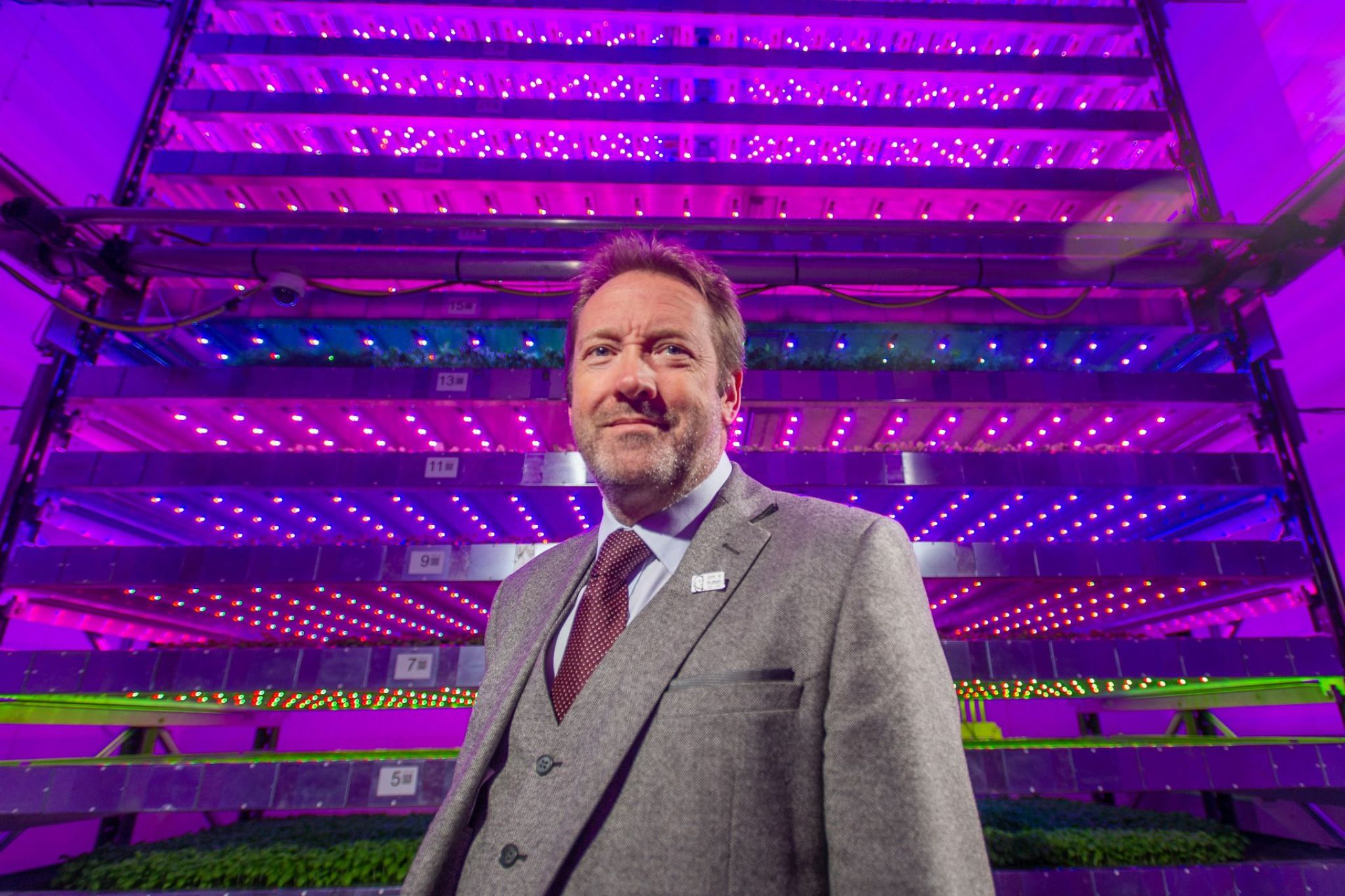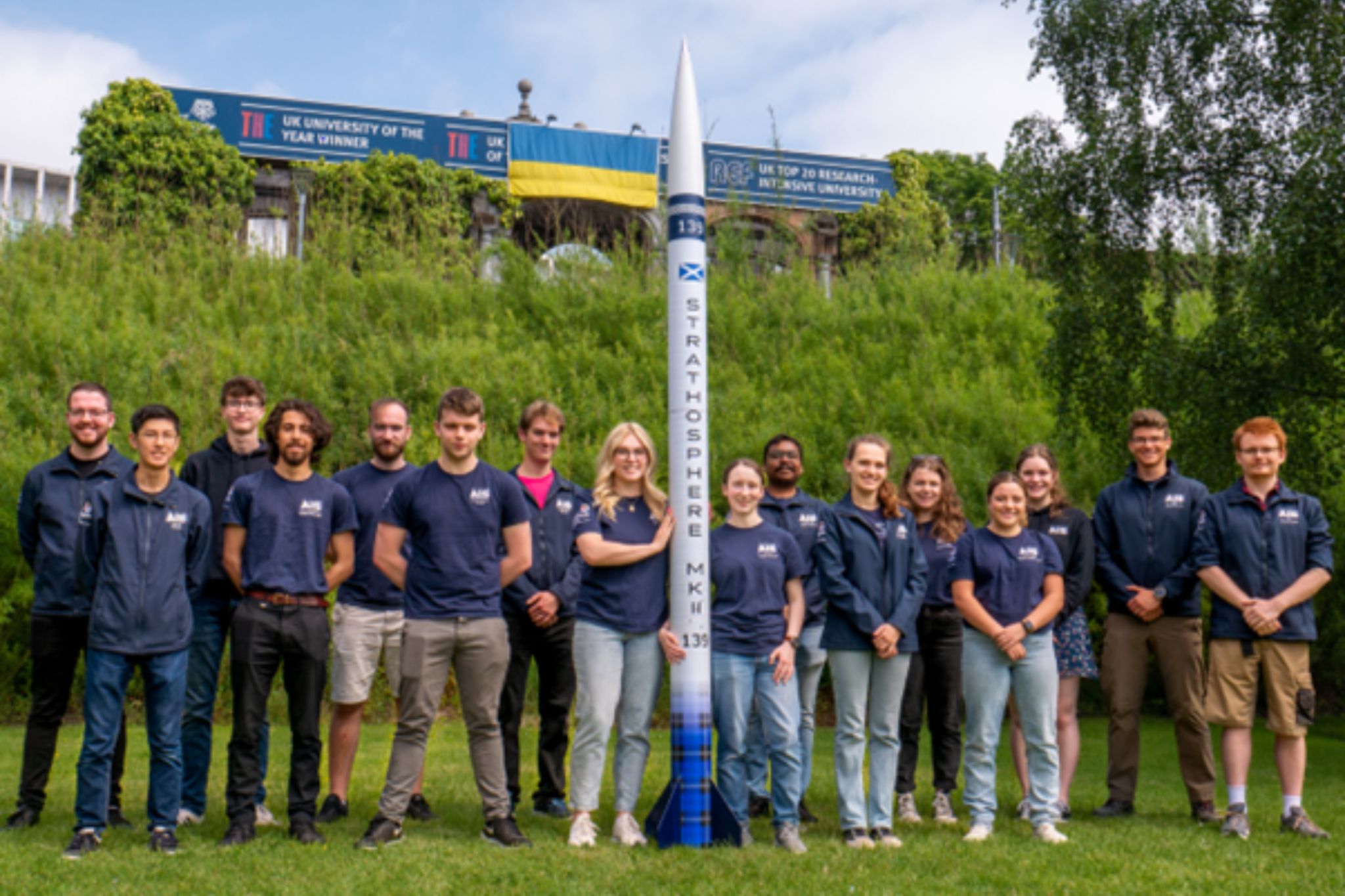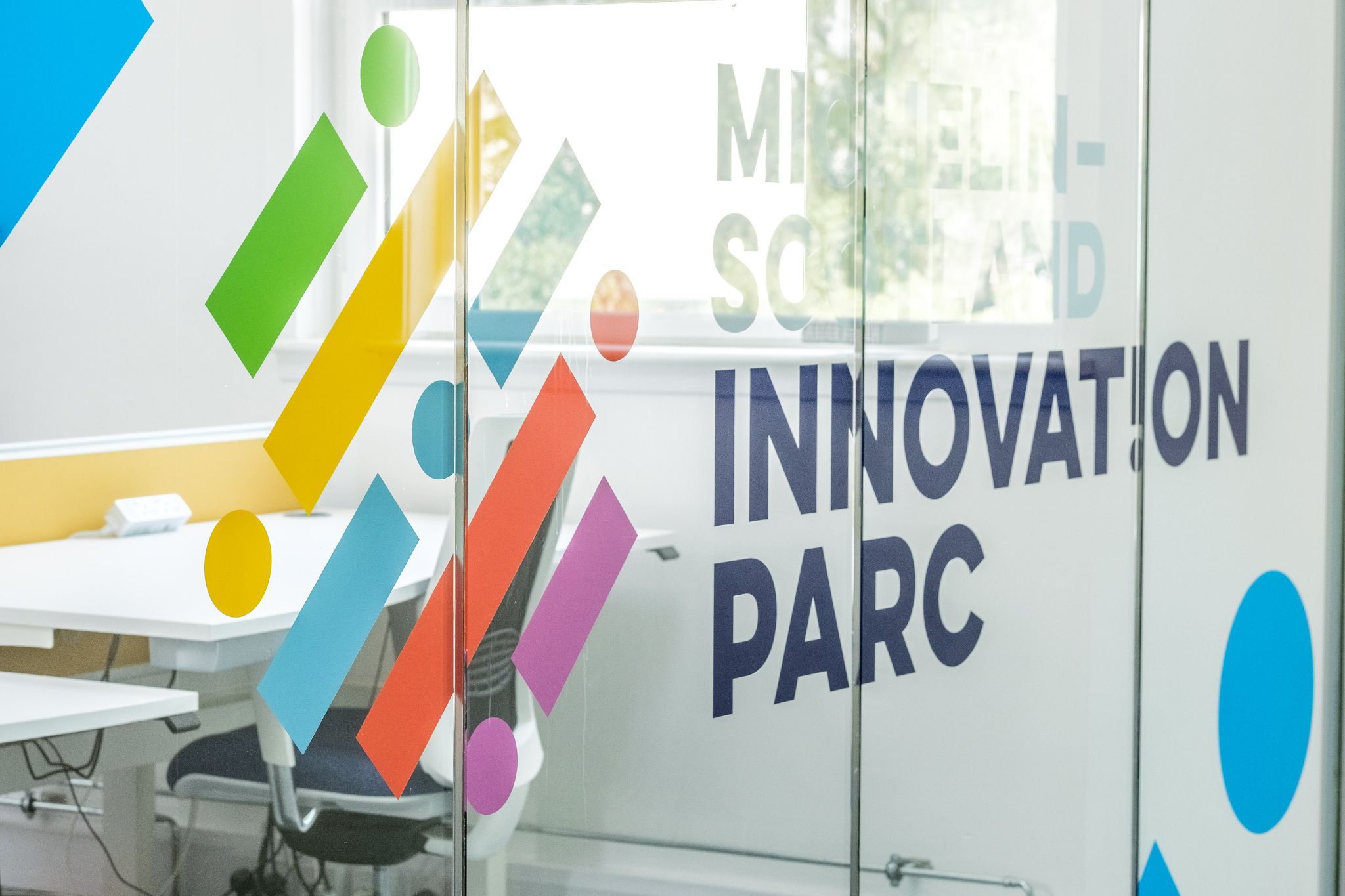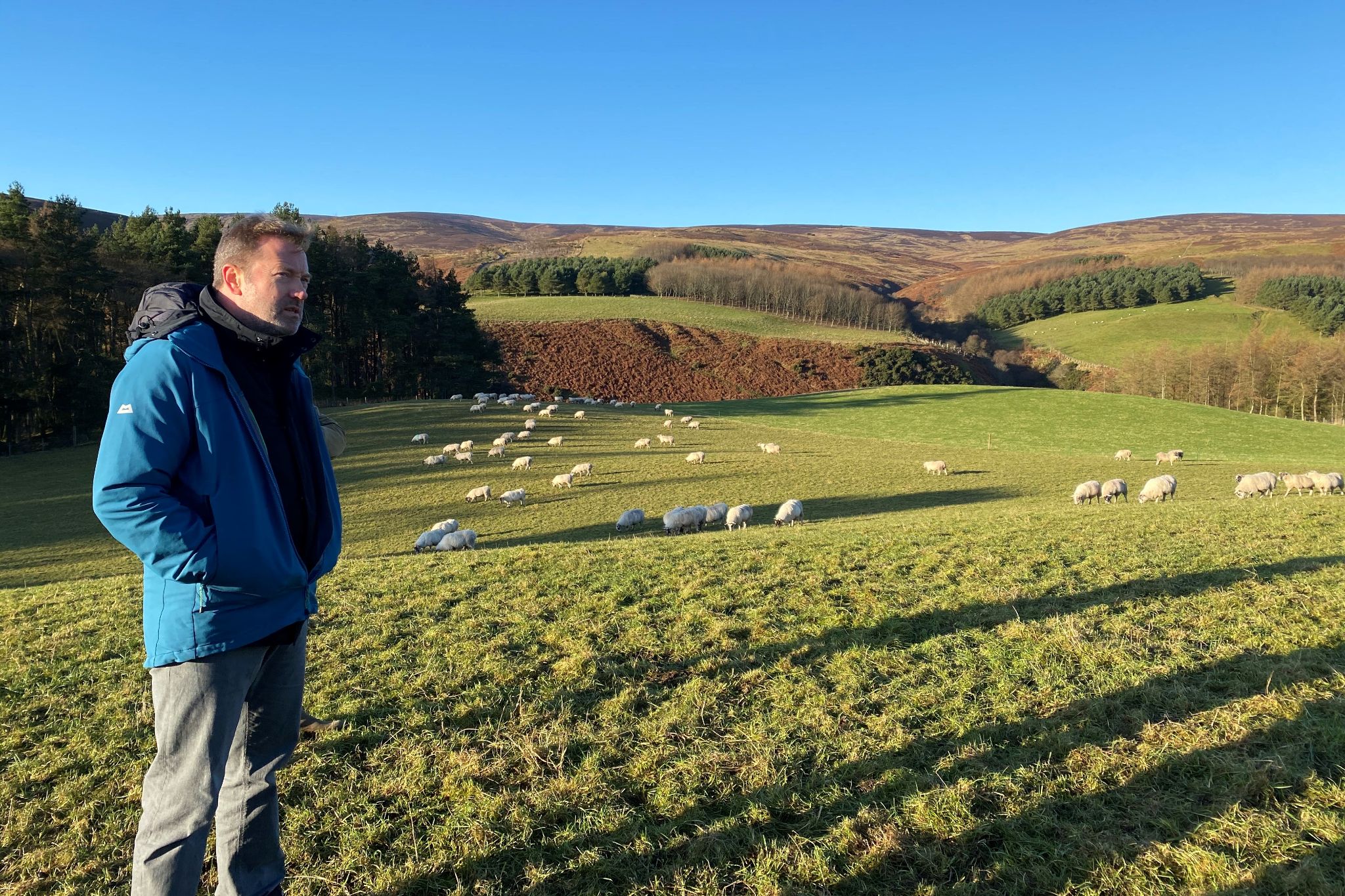
Colin Campbell on site The James Hutton Institute
© The James Hutton Institute
Insights from the CEO
The James Hutton Institute today incorporates the legacy and knowledge, expertise and facilities of predecessors such as the Scottish Crop Research Institute, the Macaulay Land Use Research Institute, Hill Farming Research Organisation and several others. Our core mission is to find pioneering, innovative, creative scientific solutions to the challenges posed by the climate crises for the sustainability and resilience of our crops, land and natural resources so that we can support thriving communities now and in the future.
The institute boasts a diverse network of specialists, with over 550 scientists and professional staff, 120 PhD students plus 14 partner companies and organisations located on our campuses in Aberdeen and Invergowrie. Together we collaborate, share ideas and resources and embody the spirit of open science in our quest to make a positive difference to climate and nature challenges we work on.
In fact, nearly all of the blackcurrants used in making Ribena are from James Hutton Institute varieties.
The work of the James Hutton Institute
In over 100 years of breeding, the institute is responsible for more than 200 varieties of plants and commercial subsidiaries and predecessors. In fact, nearly all of the blackcurrants used in making Ribena are from James Hutton Institute varieties.
At the institute we host a number of important scientific research facilities and resources that are critical to the work that we do including the National Soils Archive, National Soils Database, Commonwealth Potato Collection and various plant pest and pathogen collections.
Our action-based research approach has resulted in numerous breakthroughs in agricultural practices, including the propagation of new fruit and vegetable breeds, crop rotation experiments and eco-friendly wastewater treatment solutions.
As well as environmental benefits, the impact on our economy is huge: for every £1 received in funding from the Scottish Government, we deliver almost £13 of economic benefit, making significant contributions to the Scottish, UK and global economies.
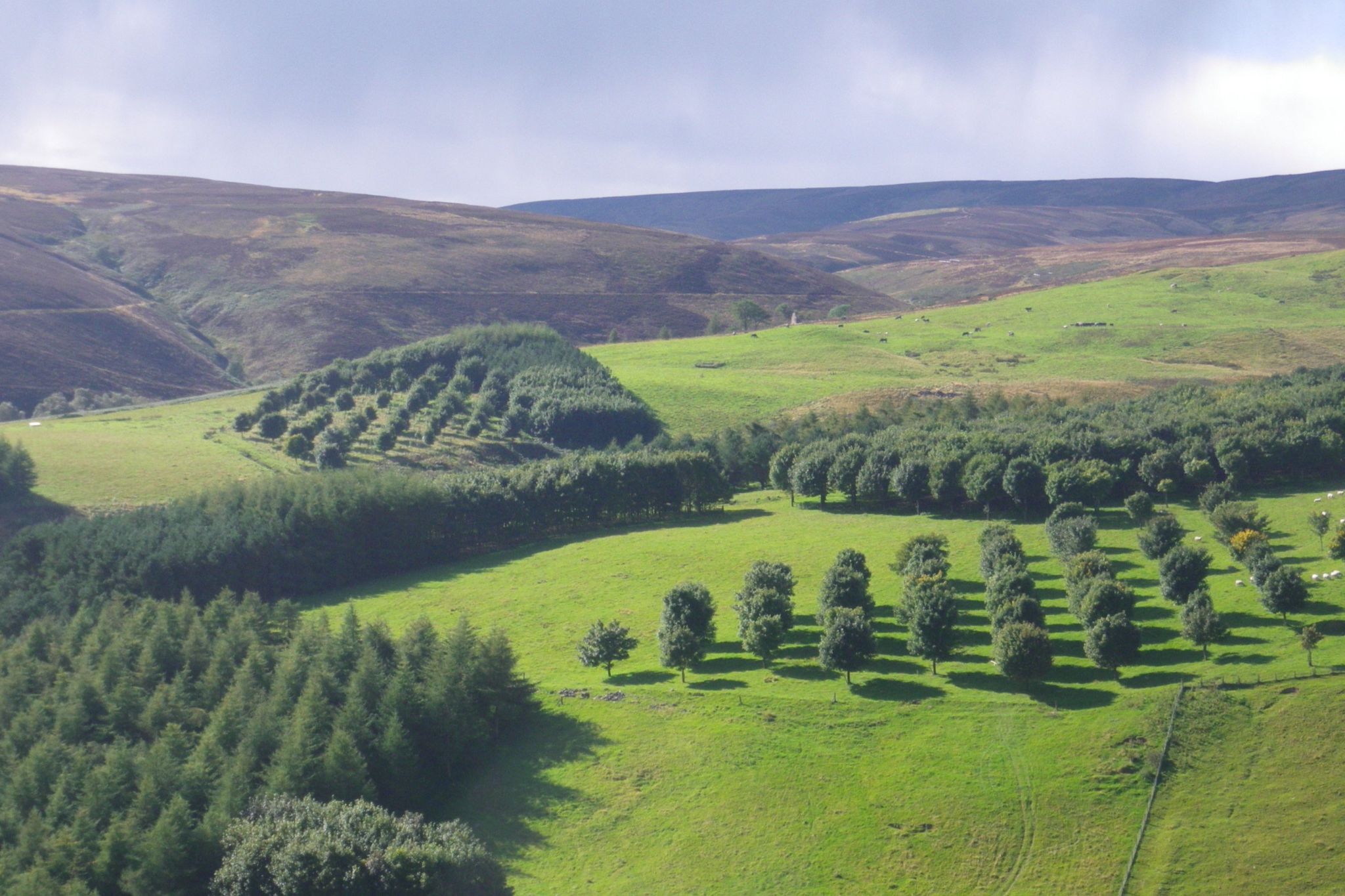
Glensaugh Agroforestry
© The James Hutton Institute
New Innovation
We were awarded £62m through the Tay Cities Deal, a partnership of local governing bodies with private, academic, and voluntary sectors. This initiative aims to create a smarter, fairer Angus, Dundee, Fife, Perth and Kinross, investing up to £700 million in projects for sustainable and inclusive regional prosperity.
The Deal has helped to fund two innovation centres in Invergowrie: The International Barley Hub (IBH) and the Advanced Plant Growth Centre (APGC). Barley is the most valuable crop for both Scotland and the UK, supporting 40,000 Scottish jobs.
Our research is finding ways to adapt to and mitigate against climate change by working with the international STEM community to support and collaborate across agricultural sectors.
Due to adverse weather, the crop yield cannot keep up with demand and securing the crop’s resilience is critical to supporting Scottish food and drink exports. Investment in the IBH is expected to generate over £105m to the UK over the next 30 years, nearly £60m of which will be in Scotland.
The APGC will allow us to develop and translate science that will lead to new production systems like indoor vertical farming, more accurately model climate change and its implications for plant and crop products such as food and pharma and support food security through crop storage.
Our research is finding ways to adapt to and mitigate against climate change by working with the international STEM community to support and collaborate across agricultural sectors.
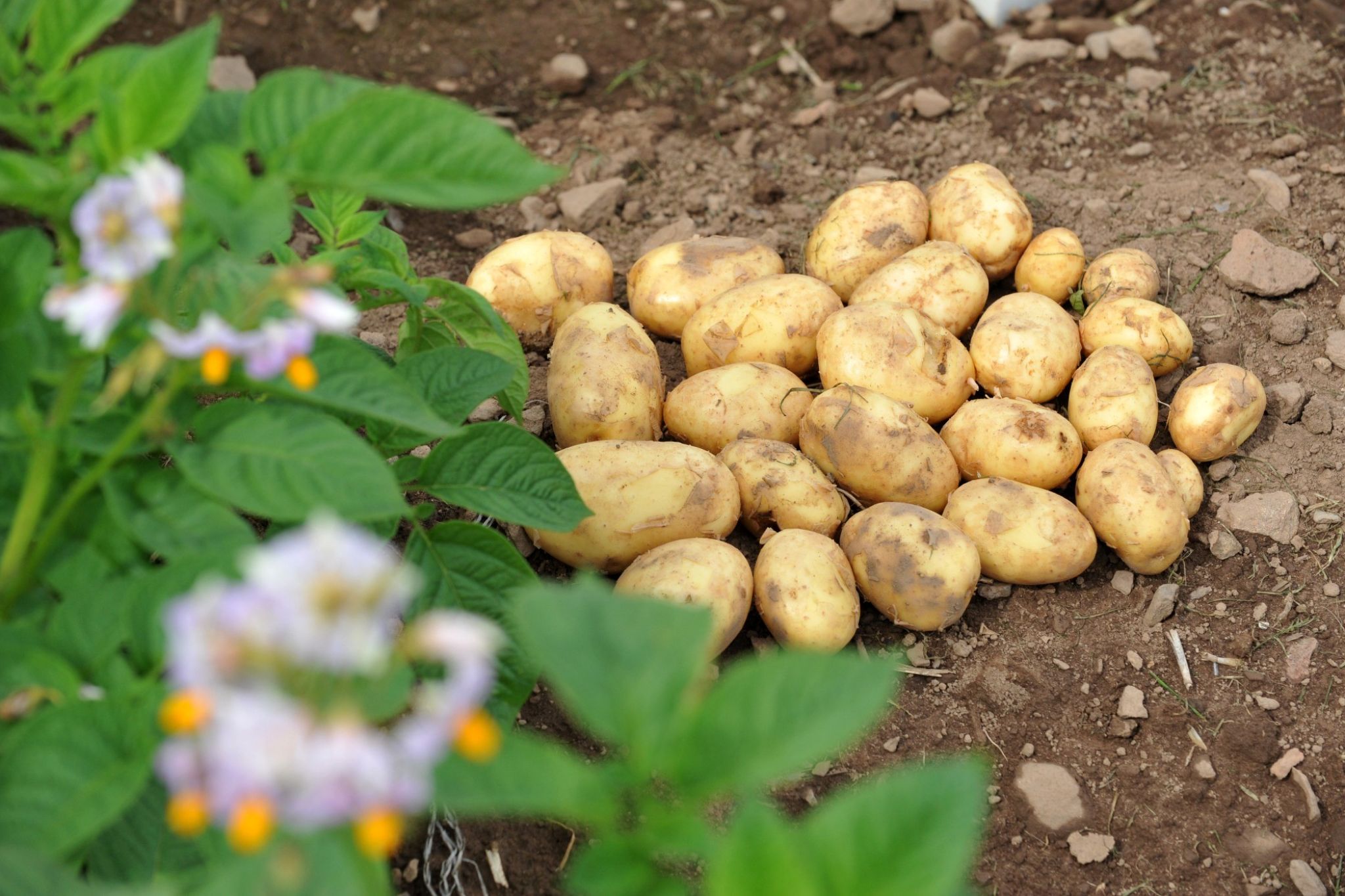
James Hutton potato crop
© The James Hutton Institute
Future growth
In the next few years, we are aiming to establish a National Potato Innovation Centre. The James Hutton Institute is internationally renowned for its potato science and is the UK's biggest research and development centre in this field. As is the case with barley, issues of climate change, pests and disease threaten our potato industry and we need an industry-wide approach if we are to secure our potato industry in the future, which is why we are looking to set up the innovation centre.
I am incredibly proud of the work undertaken by the institute and its supportive partners as we work towards creating a better future for our planet.
To find out more about The James Hutton Institute visit their website.
